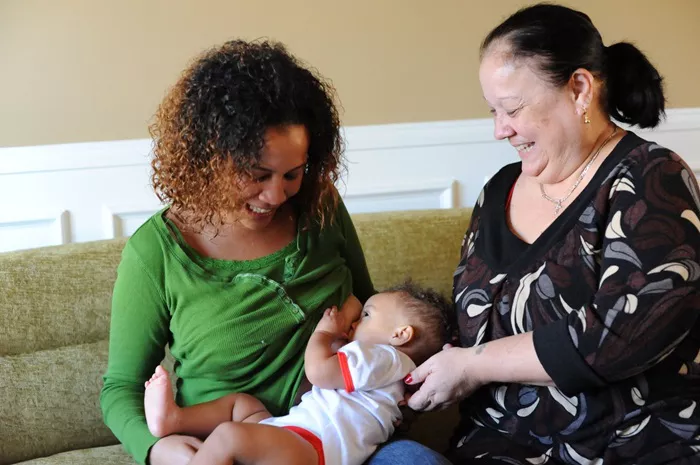UNICEF and the World Health Organization (WHO) are urging greater support for breastfeeding mothers in Indonesia, particularly during the crucial first week of a newborn’s life when early and exclusive breastfeeding is essential.
In recent years, Indonesia has seen a rise in exclusive breastfeeding rates during the first six months of a child’s life, increasing from 52% in 2017 to 68% in 2023. However, significant issues remain during the newborn stage. According to the National Health Survey (SKI, 2023), only 27% of newborns are breastfed within the first hour of birth. Additionally, one in five infants receive foods or liquids other than breast milk within the first three days, and only 14% benefit from at least one hour of skin-to-skin contact immediately after birth.
Early initiation of breastfeeding – starting within the first hour of life – is vital for the newborn’s survival and for establishing long-term breastfeeding. Delays in starting breastfeeding can be life-threatening.
UNICEF and WHO advocate for exclusive breastfeeding for the first six months, beginning within an hour of birth. This practice supports sensory and cognitive development and shields babies from infections and chronic diseases.
Globally, research shows that infants who are not breastfed are 14 times more likely to die before their first birthday compared to those who are exclusively breastfed for the first six months. Breastfeeding is also linked to improved IQ scores by 3 to 4 points, reduced obesity risk, and lower chances of developing diabetes later in life. Optimal breastfeeding practices could save over 820,000 children under five each year and prevent 20,000 cases of breast cancer annually.
“Breastfeeding is often called the baby’s first vaccine because it provides essential nutrients, protects against common diseases, and strengthens the immune system,” said Maniza Zaman, UNICEF Indonesia Representative. “To ensure early and exclusive breastfeeding, mothers need robust support from families, health workers, and community leaders from the moment the baby is born.”
Effective breastfeeding support from community health workers, peer counselors, nurses, midwives, and lactation consultants is crucial for improving breastfeeding rates. Mothers also require adequate support, time, and space to successfully breastfeed after childbirth.
The health system must enhance the enforcement of the International Code of Marketing of Breastmilk Substitutes to safeguard and promote breastfeeding and ensure proper use of breastmilk substitutes.
“Despite 90% of deliveries in Indonesia occurring in healthcare facilities, just over one in four newborns receive breast milk within the first hour,” said Dr. N. Paranietharan, WHO Representative to Indonesia. “To address this gap, WHO is committed to aiding the Ministry of Health in integrating breastfeeding support into all maternal and neonatal care facilities, ensuring every child gets the best start possible.”
During World Breastfeeding Week, observed from 1-7 August under the theme “Closing the Gap: Breastfeeding Support for All,” UNICEF and WHO are calling on governments and stakeholders to take specific actions to better support all breastfeeding mothers.


